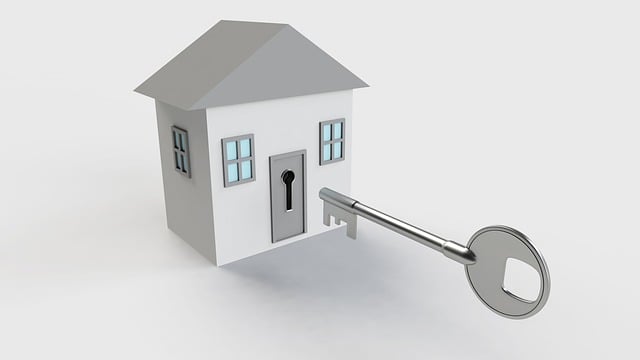Secured Debt Consolidation Loans offer individuals with bad credit a manageable debt solution by combining multiple high-interest loans into one payment, saving money and improving financial credibility. With a minimum credit score of 580 required, these loans feature flexible terms but may come with higher interest rates. Timely repayments positively impact credit scores, while thorough comparison of lender offers and maximizing credit scores enhance the application process.
Struggling with multiple debts and a bad credit history? Explore the power of unsecured consolidation loans as a potential solution. This article guides you through securing debt consolidation loans without collateral, ideal for those with less-than-perfect credit. Learn about eligibility criteria, benefits, and simple application steps to take control of your finances. Discover how secured debt consolidation loans can help simplify repayment and boost your credit score.
- Understanding Unsecured Consolidation Loans
- Eligibility Criteria for Bad Credit Borrowers
- Benefits and How to Apply
Understanding Unsecured Consolidation Loans
Unsecured consolidation loans are a type of financial instrument designed to simplify debt management for individuals with less-than-perfect credit scores. Unlike secured debt consolidation loans, which require borrowers to put up collateral, unsecured options provide funding based solely on an individual’s ability to repay. This makes them accessible to those with bad credit histories who may not have any assets to use as security. The loan amount is then used to pay off multiple existing debts, streamlining repayment and potentially lowering monthly payments.
These loans are particularly attractive as they offer several benefits. First, they simplify financial obligations by consolidating various debts into a single payment. This can make budgeting easier for borrowers. Second, unsecured consolidation loans may have more flexible terms compared to traditional loan options. Lastly, because the loans aren’t backed by collateral, there’s no risk of losing assets if repayment becomes difficult, making them a safer bet for those with limited financial security.
Eligibility Criteria for Bad Credit Borrowers
When considering Secured Debt Consolidation Loans for bad credit borrowers, understanding the eligibility criteria is essential. Lenders typically require a minimum credit score of 580 or higher to approve loan applications. This threshold ensures that borrowers have a manageable level of financial risk and can make consistent repayments. It’s important to note that while a bad credit history shouldn’t automatically disqualify you, it may result in higher interest rates or more stringent terms compared to borrowers with excellent credit.
Additionally, lenders often assess the borrower’s debt-to-income ratio, checking how much of their monthly income is dedicated to repaying existing debts. A manageable debt-to-income ratio improves eligibility chances. Bad credit borrowers should also prepare to provide proof of stable employment and a reliable source of income, as these factors are crucial in demonstrating repayment capability.
Benefits and How to Apply
Benefits
Secured Debt Consolidation Loans offer a viable solution for individuals with bad credit histories looking to manage their debts more effectively. One of the primary advantages is the ability to combine multiple high-interest loans into a single, more manageable payment. This simplification can significantly reduce monthly outgoings and provide much-needed financial relief. Moreover, these loans often come with lower interest rates compared to traditional credit card debt, allowing borrowers to save money in the long run. Another benefit is the potential for building or rebuilding credit, as timely loan repayments can positively impact credit scores.
How to Apply
To secure a Debt Consolidation Loan, individuals should first assess their financial situation and determine the total amount they wish to consolidate. Next, compare different lenders and their offerings, focusing on interest rates, repayment terms, and any associated fees. A good credit score can improve loan terms, so those with better credit histories should aim to maximize it before applying. Once ready, applicants can gather necessary documents like proof of income, employment details, and identification. The application process typically involves filling out an online form or submitting paperwork directly to the lender, after which a decision is made based on the borrower’s financial standing and creditworthiness.
Secured Debt Consolidation Loans can offer a lifeline for individuals with bad credit histories, providing an opportunity to regain financial control. By consolidating debts into a single, manageable loan, borrowers can simplify their repayment process and potentially reduce interest rates. This article has outlined the key aspects of these loans, from understanding the concept to navigating the application process. With careful consideration and eligibility checks, those with bad credit can access this useful tool for debt management and work towards a brighter financial future.
